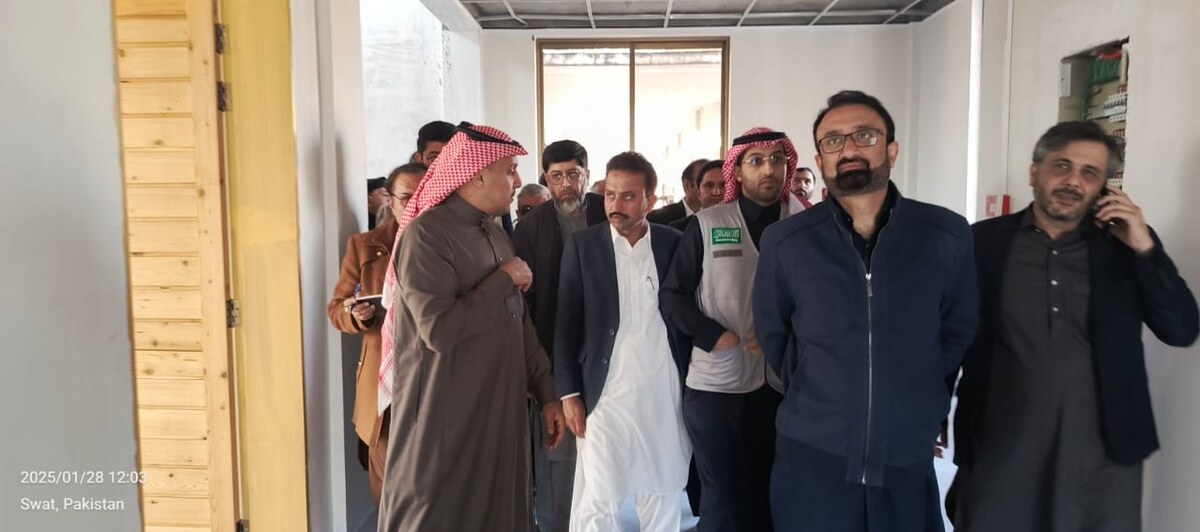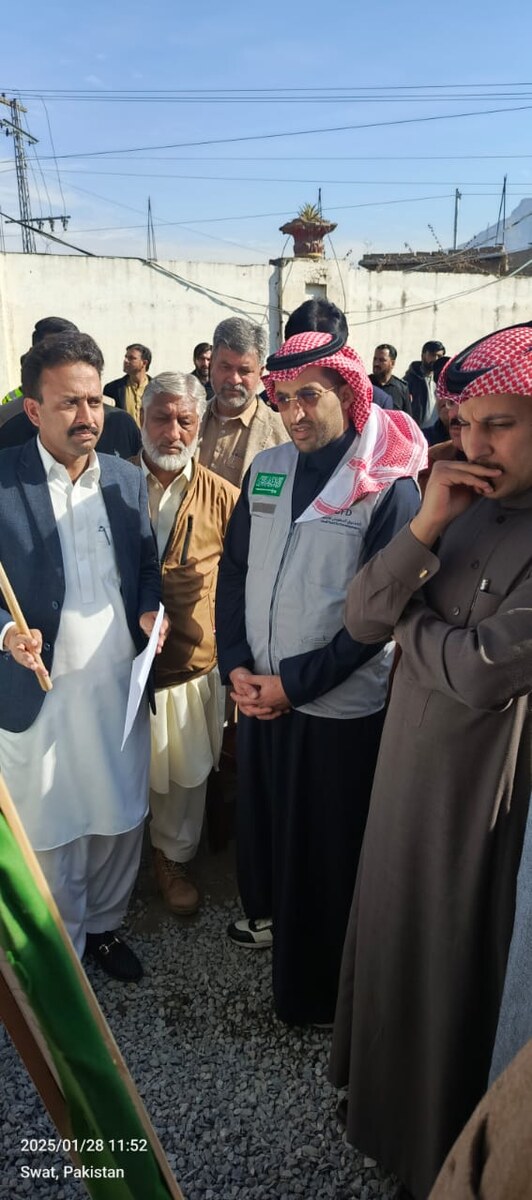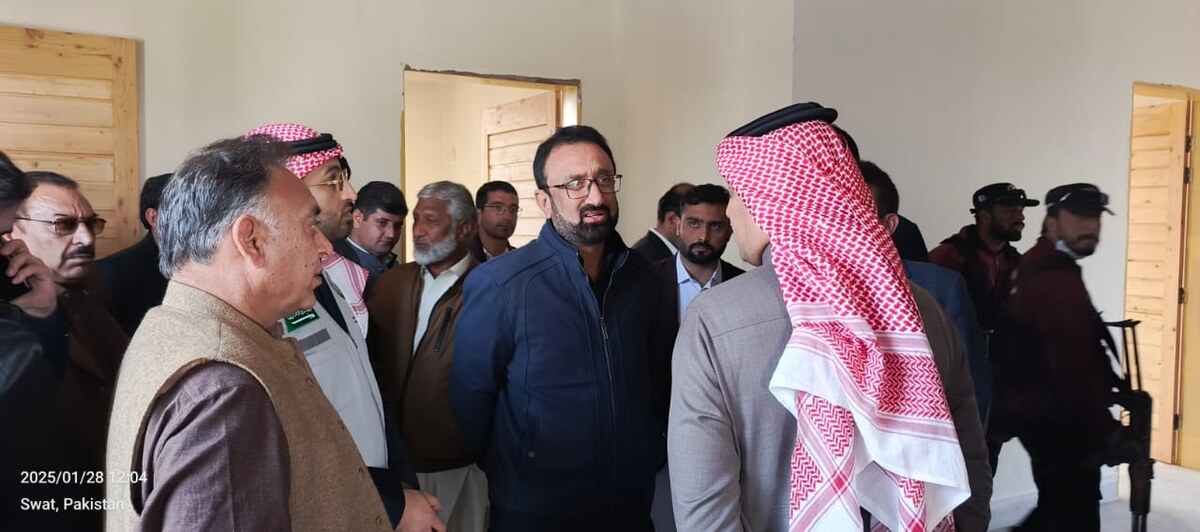KARACHI: Pakistan’s new shipping policy aims to reduce $5 billion freight bill that the country pays to foreign companies to transport import and export cargoes, officials announced on Friday.
Federal Minister for Maritime Affairs Ali Haider Zaidi and Adviser to Prime Minister on Commerce and Investment Abdul Razak Dawood unveiled the amended shipping policy in Islamabad that offers incentives to the country’s own vessels by provided them “priority berthing at all Pakistani ports.”
“This is business-friendly policy,” Zaidi said, adding that it would reduce the freight bill Pakistan paid annually.
The country nationalized its industries in the 1970s, including the shipping industry by merging all companies with the Pakistan National Shipping Corporation (PNSC). Experts believe that the industry could not be revived after that policy decision.
“This industry is vital since it operates during emergencies and high risk situation as well as peace time. As we rely on international shipping lines for our trade, we lose foreign exchange which can be saved if we develop our own local shipping industry,” said Zaidi. “It is the need of the hour to revive this industry since we lag way behind our regional competitors like Bangladesh.”
Abdul Razak Dawood, Pakistan’s de facto commerce minister, hoped that local entrepreneurs would view this as an opportunity and benefit from it.
“The State Bank of Pakistan will extend loans at three percent markup rate for buying vessels and registering them in the country,” Mahmood Maulvi, adviser to the Ministry of Maritime Affairs, told Arab News. “Refinance will be allowed for purchase of ships and vessels.”
Under the policy, new shipping companies would be exempted from federal taxes until 2030.
“No federal taxes (direct and indirect) shall be levied to the detriment of Pakistan Resident Ship Owning companies during the exemption period,” the policy document seen by Arab News read.
However, the transportation of hydrocarbon cargoes will be the sole responsibility of PNSC.
The shipping sector stakeholders termed the policy as a “good initiative” and called for its implementation in letter and spirit.
“It is good that the government has realized that Pakistan pays $5 billion of freight bill to foreign shipping companies,” Aasim Siddiqui, chairman of All Pakistan Shipping Association (APSA) told Arab News. “Our association has been lobbying for the last three years for incentives to be given to private sector since we have the potential to create more employment opportunities by attracting the cargo that is transported by foreign vessels.”
“But it is not enough to release a focused policy,” he continued. “We also need a robust legal framework for its implementation since an oversight of these incentives is also needed. Besides, it is very important to monitor the policy in consultation with the stakeholders.”
He demanded that instead of monopolizing the import of petroleum products through the PNSC, the government should invite bids from the private sector.
“Maybe private companies can give you better rates than the PNSC,” he added.



















